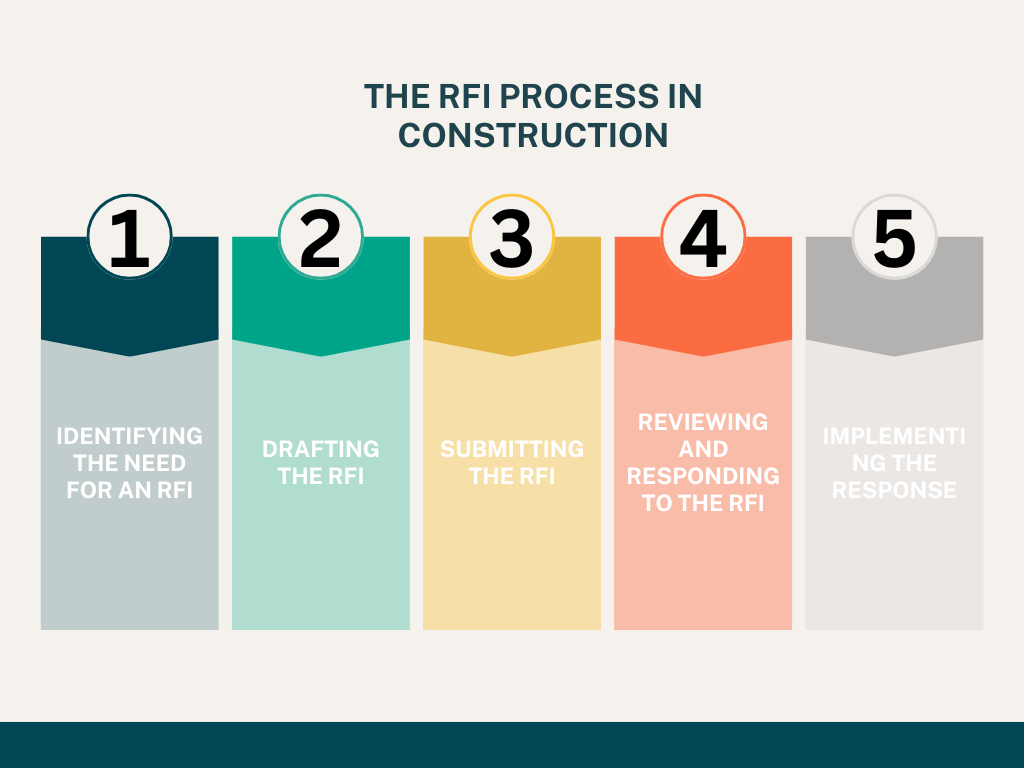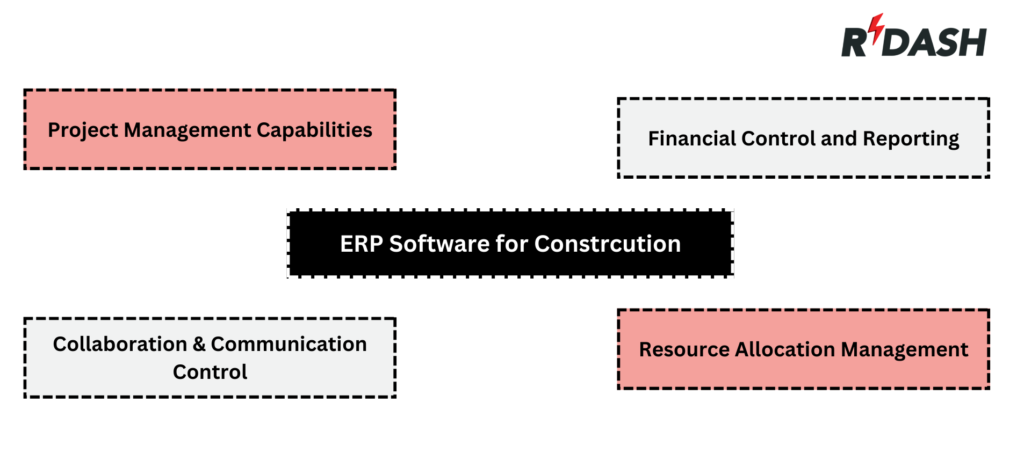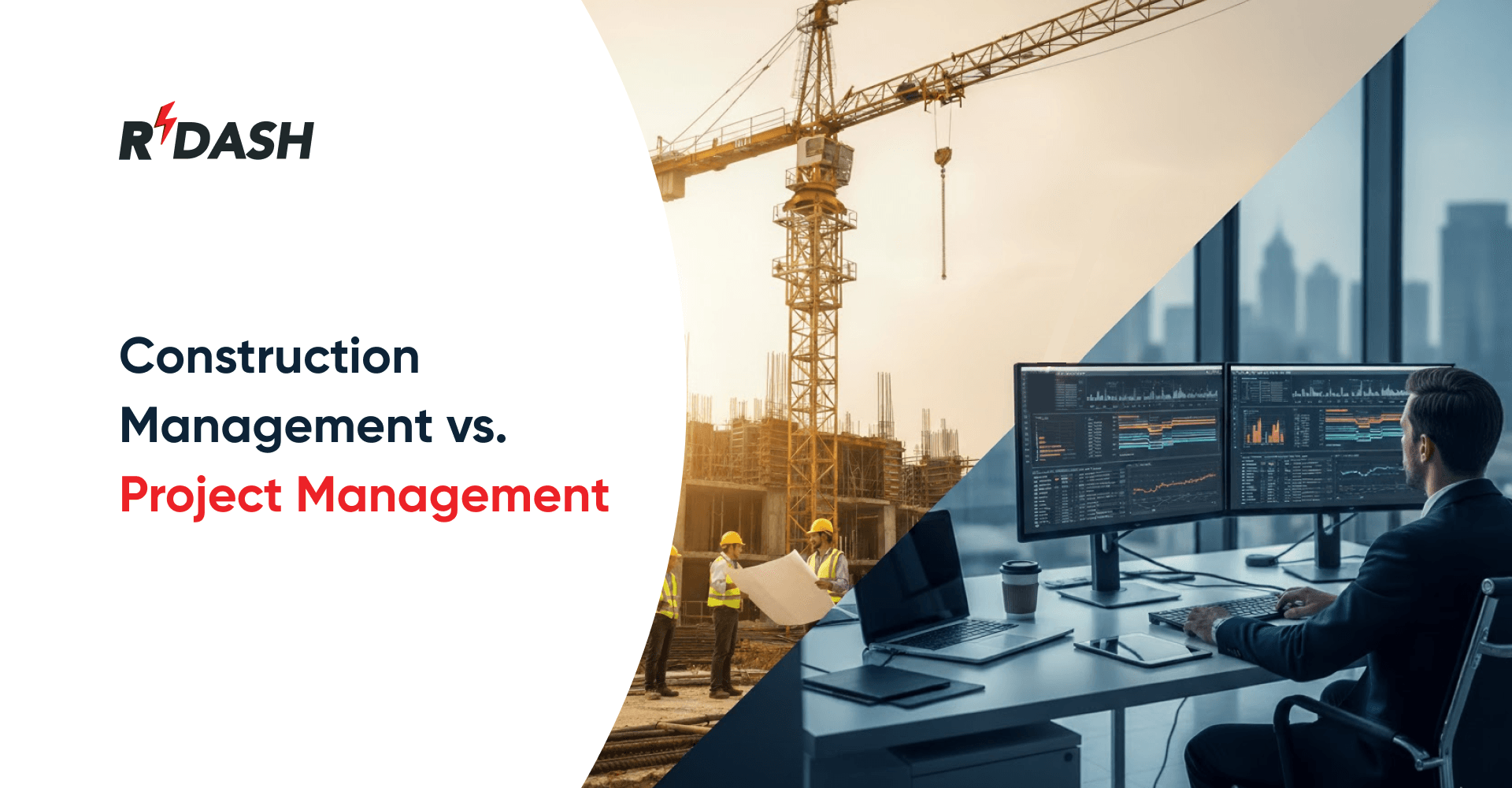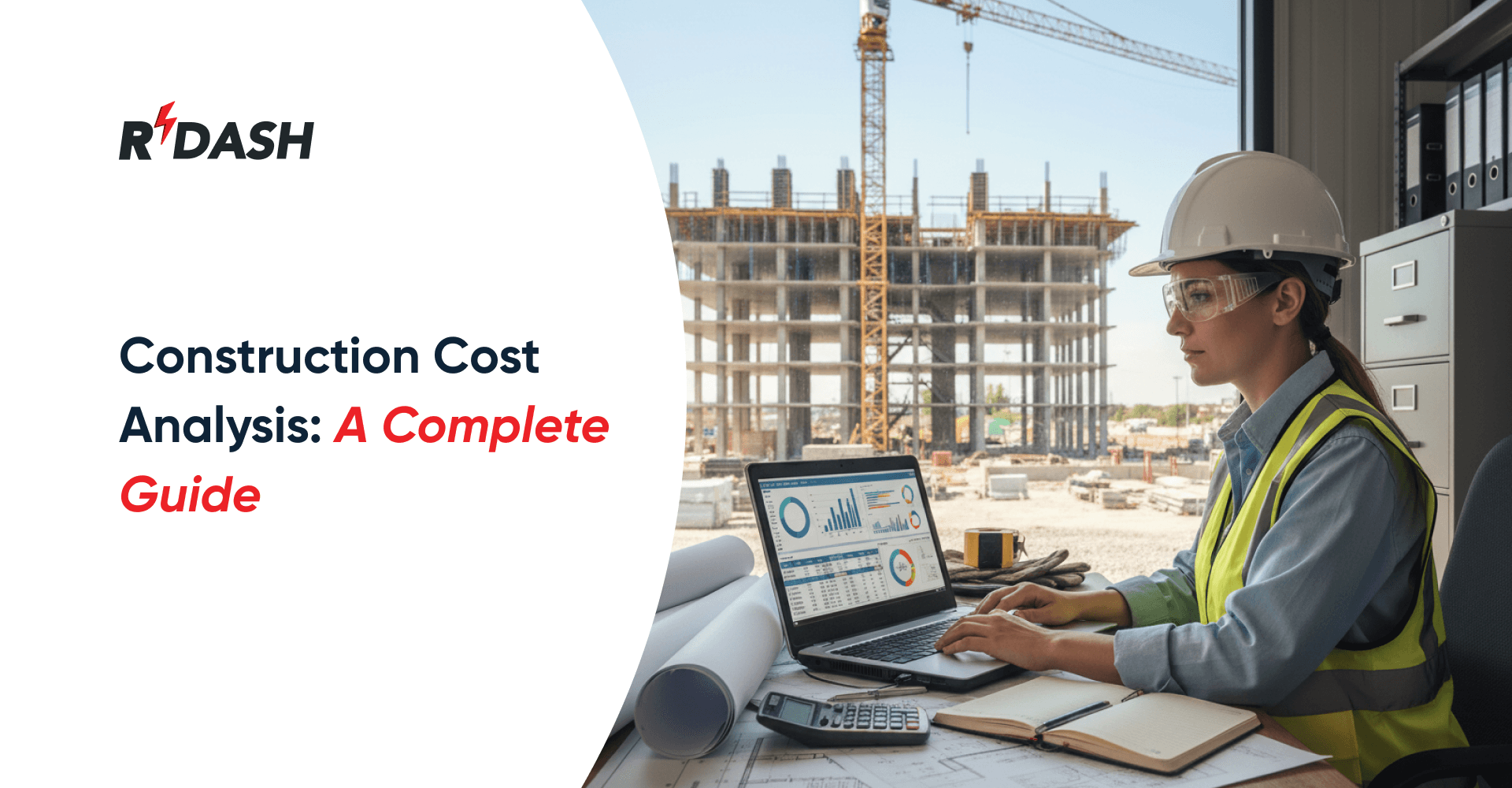Requests for Information (RFIs) are pivotal in the construction industry, serving as a formal mechanism to clarify uncertainties and obtain crucial details needed for accurate project execution. RFIs facilitate effective communication between all parties involved—architects, engineers, contractors, and clients—ensuring that every aspect of the construction process is understood and executed according to plan. In the Indian construction industry, where projects often involve multiple stakeholders and complex workflows, RFIs help streamline operations, minimize misunderstandings, and prevent costly errors or delays. Innovative construction management tools like RDash are further enhancing the efficiency of managing RFIs by providing a centralized platform for tracking, organizing, and responding to requests, thereby revolutionizing communication and collaboration in construction projects.

What is a Requests for Information (RFI)?
An Requests for Information is a formal document used in the construction industry to seek clarification on any unclear aspects of the project documentation, such as drawings, specifications, or contracts. RFIs are essential in construction projects because they help prevent misunderstandings, reduce errors, and ensure that all project stakeholders are on the same page. Typically, Requests for Information (RFIs) in Construction Management are raised by contractors or subcontractors and directed towards architects, engineers, or project owners who possess the necessary information or expertise to resolve the query.
The Importance of Requests for Information in Construction

- Clarifying Project Requirements: Requests for Information (RFIs) in Construction Management are crucial for clarifying project requirements, especially in complex construction projects where specifications can be vague or incomplete. By seeking clarification through RFIs, contractors can ensure they fully understand the project requirements before proceeding, reducing the risk of errors and costly rework.
- Maintaining Project Schedules: Timely responses to RFIs are essential to keeping construction projects on schedule. Delays in obtaining critical information can halt progress and lead to project delays, impacting both timelines and budgets. A streamlined RFI process helps maintain the project schedule by ensuring that all necessary information is provided promptly.
- Improving Collaboration and Communication: RFIs foster better communication and collaboration among all project stakeholders, including architects, engineers, contractors, and subcontractors. By providing a formal mechanism for raising queries and obtaining responses, RFIs help ensure that all parties are aligned and working towards a common goal.
- Reducing Project Risks: Unclear or ambiguous project documentation can lead to misunderstandings and disputes, potentially resulting in costly litigation. By using RFIs to clarify any uncertainties, construction teams can reduce the risk of misunderstandings and disputes, minimizing the potential for costly legal battles.
- Ensuring Compliance with Specifications: RFIs help ensure that all construction work complies with the project’s specifications and regulatory requirements. By seeking clarification on any ambiguous aspects of the project documentation, construction teams can ensure that all work is carried out in accordance with the required standards and regulations.
The RFI Process in Construction
The RFI process typically involves several steps:

- Identifying the Need for an RFI: The contractor or subcontractor identifies a need for additional information or clarification on a specific aspect of the project documentation.
- Drafting the RFI: The contractor or subcontractor drafts the RFI, clearly stating the question or clarification needed. The RFI should include all relevant details, such as references to specific drawings or specifications, to ensure a clear understanding of the query.
- Submitting the RFI: The RFI is submitted to the appropriate party, typically the architect, engineer, or project owner, who is responsible for providing the required information or clarification.
- Reviewing and Responding to the RFI: The recipient of the RFI reviews the query and provides a response, either clarifying the information or providing the requested details.
- Implementing the Response: The contractor or subcontractor implements the response, making any necessary adjustments to the construction work based on the clarification or information provided.
Common Challenges in Managing RFIs
Despite their importance, managing RFIs can be challenging, particularly in large and complex construction projects. Some common challenges associated with RFIs include:

- Delayed Responses: One of the most common challenges in managing RFIs is delayed responses from the relevant parties. Delays in obtaining critical information can lead to project delays, increased costs, and potential disputes.
- Poorly Drafted RFIs: RFIs that are poorly drafted or lack sufficient detail can lead to misunderstandings and incomplete responses. Clear and concise RFIs that provide all necessary information are essential to ensuring accurate and timely responses.
- Overwhelming Volume of RFIs: In large construction projects, the volume of RFIs can become overwhelming, making it difficult to manage and track each query effectively. A robust RFI management system is essential for handling a high volume of RFIs efficiently.
- Lack of a Centralized System: Many construction projects lack a centralized system for managing RFIs, leading to fragmented communication and increased risk of misunderstandings. A centralized RFI management system helps ensure that all queries and responses are documented and easily accessible to all relevant parties.
How RDash Streamlines the RFI Process
In today’s digital age, construction management tools like RDash are transforming the way RFIs are managed in the construction industry. RDash is a comprehensive construction management app that provides a transparent and efficient platform for managing all aspects of a construction project, including RFIs. Here’s how RDash enhances the RFI process:

- Centralized Communication: RDash provides a centralized platform for managing all RFIs, ensuring that all queries and responses are documented and easily accessible to all relevant parties. This helps prevent misunderstandings and ensures that everyone is on the same page.
- Real-Time Updates: With RDash, all stakeholders receive real-time updates on the status of RFIs, ensuring that any issues are addressed promptly and reducing the risk of project delays.
- Automated Tracking and Alerts: RDash automates the tracking of RFIs and sends alerts to relevant parties when responses are due, helping to ensure timely responses and maintain project schedules.
- User-Friendly Interface: RDash offers a user-friendly interface that makes it easy for all stakeholders to draft, submit, review, and respond to RFIs, enhancing collaboration and communication across the project team.
- Integration with Other Project Management Tools: RDash integrates seamlessly with other project management tools, such as recce, design, BOQ, order management, work progress tracking, snagging, and financial closure, providing a comprehensive solution for managing all aspects of a construction project.
RDash Features Beyond RFIs
Apart from enhancing the RFI process, RDash offers a range of features that support different aspects of construction management:

- Recce: RDash facilitates a thorough recce process, capturing all the necessary details about the site, including measurements, existing conditions, and potential challenges.
- Design: RDash helps manage the design phase by ensuring that all design documents are properly reviewed, approved, and implemented, reducing the risk of design errors.
- BOQ Management: RDash simplifies the creation, review, and approval of Bills of Quantities (BOQs), ensuring accurate budgeting and cost management.
- Order Management: RDash streamlines the order management process, ensuring that all materials and equipment are ordered and delivered on time, preventing delays.
- Work Progress Tracking: RDash provides real-time tracking of work progress, helping to identify any delays or issues early and take corrective action promptly.
- Snagging: RDash facilitates the identification and resolution of snags (defects or issues) during construction, ensuring that all work is completed to the required standard.
- Financial Closure: RDash supports the financial closure process by ensuring that all project costs are accurately tracked and documented, reducing the risk of disputes and ensuring a smooth project closeout.
Conclusion
Requests for Information (RFIs) are a vital component of effective construction management, helping to clarify project requirements, maintain schedules, improve collaboration, and reduce risks. In the Indian construction industry, where projects can be particularly complex and challenging, the importance of efficient RFI management cannot be overstated.
Innovative construction management tools like RDash are revolutionizing the way RFIs and other aspects of construction projects are managed. By providing a transparent, centralized platform for managing RFIs and integrating with other project management tools, RDash is helping construction teams across India streamline their processes, reduce risks, and deliver successful projects on time and within budget.
As the Indian construction industry continues to grow and evolve, tools like RDash will play an increasingly important role in ensuring the success of construction projects, helping teams to overcome challenges and achieve their goals efficiently and effectively, and delivering successful construction projects.





